4 Week Resignation Letter Template for a Smooth Transition
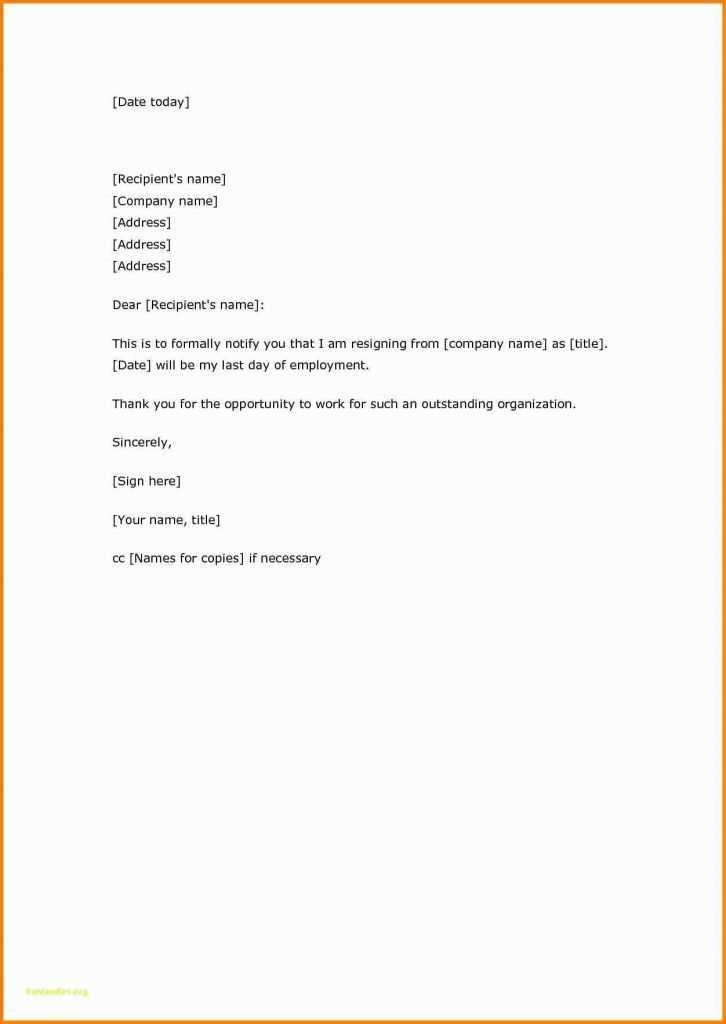
Leaving a job is a significant step that requires careful consideration and clear communication. While parting ways with an employer, it’s essential to do so in a way that maintains professionalism and leaves a positive lasting impression. Whether you’re moving on to new opportunities or pursuing personal goals, the process of informing your employer should be handled with respect and clarity.
Properly notifying your employer about your decision to leave involves giving sufficient notice and outlining your intentions in a structured manner. This approach helps to ensure a smooth transition for both you and your organization. A well-written document allows you to express gratitude, state your intentions, and maintain goodwill, all while adhering to workplace norms.
Planning your exit carefully also means addressing potential questions or concerns from your employer, providing ample time to wrap up ongoing tasks, and offering assistance during the handover process. By approaching the situation thoughtfully, you ensure a positive conclusion to your time at the company while paving the way for future career success.
Understanding the Four Week Notice Period
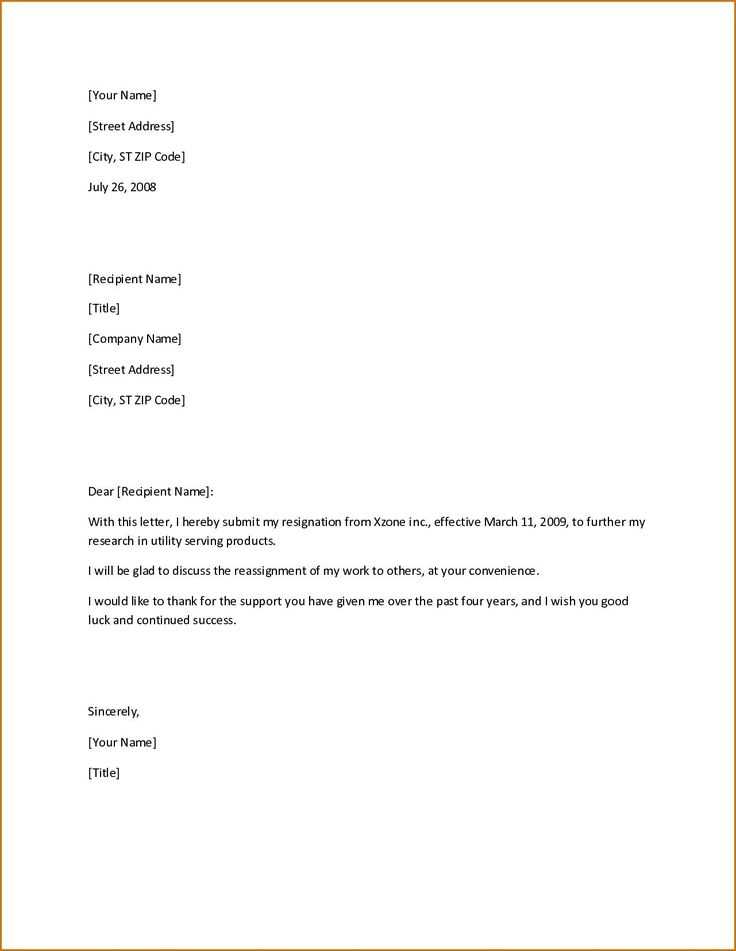
When preparing to leave your current role, one of the most important aspects to consider is how much time you give your employer to prepare for your departure. Providing adequate notice before leaving allows the company to adjust and make necessary arrangements for a smooth transition. This period is typically seen as a professional courtesy and plays a key role in maintaining strong relationships with your employer and colleagues.
Why a Notice Period Matters
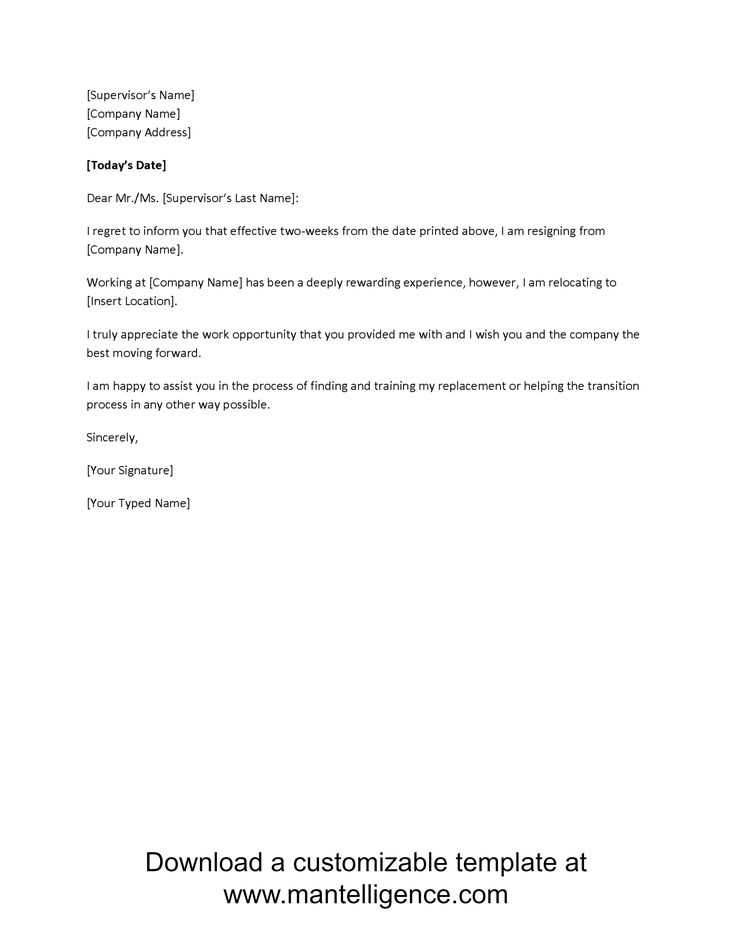
Giving a sufficient amount of time ensures that the organization has the opportunity to find a replacement, reassign responsibilities, or wrap up projects you were involved in. Without this period, there may be disruptions that could affect your team and the overall operations of the company. It also reflects your respect for the organization, showing that you are committed to ensuring the transition is as seamless as possible.
Key Benefits of Proper Timing
By providing ample time, you also protect your professional reputation. Leaving without adequate notice can sometimes result in strained relationships or negative feedback, potentially impacting future references or networking opportunities. Taking the time to communicate your departure thoughtfully demonstrates integrity and responsibility.
How to Maintain Professionalism in Resignation
Leaving a job is a significant step in one’s career journey, and it is essential to handle the process with care. The manner in which you part ways can leave a lasting impression on your colleagues, superiors, and the organization as a whole. Remaining courteous and respectful during this time is vital to maintaining positive relationships and ensuring your professional reputation remains intact.
Key Principles for a Graceful Departure
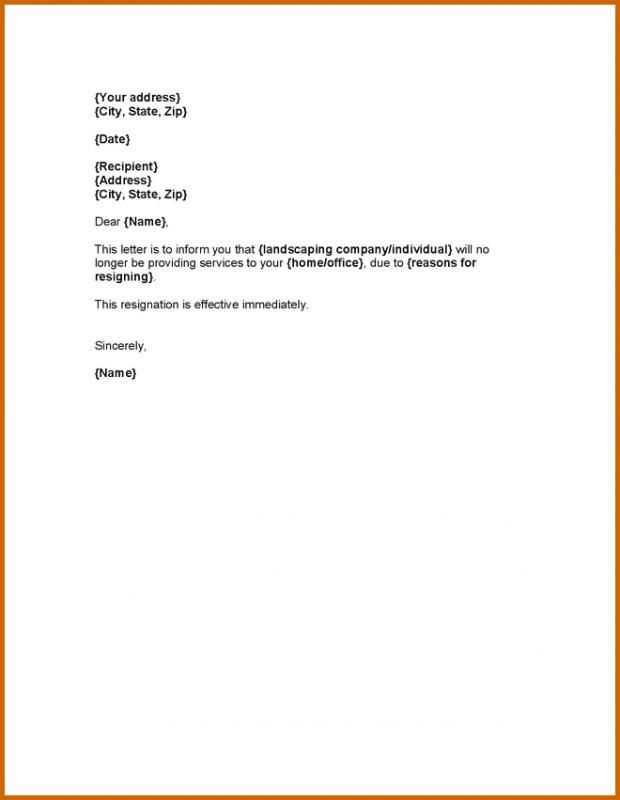
When announcing your decision to move on, focus on clear communication and a cooperative attitude. Aim to create an environment that supports smooth transitions, showing appreciation for the opportunities provided by the company. Avoid unnecessary conflict, remain neutral, and express gratitude for the experience gained throughout your tenure. This approach helps to keep the process respectful and professional, minimizing any disruption within the team.
Managing the Transition Period
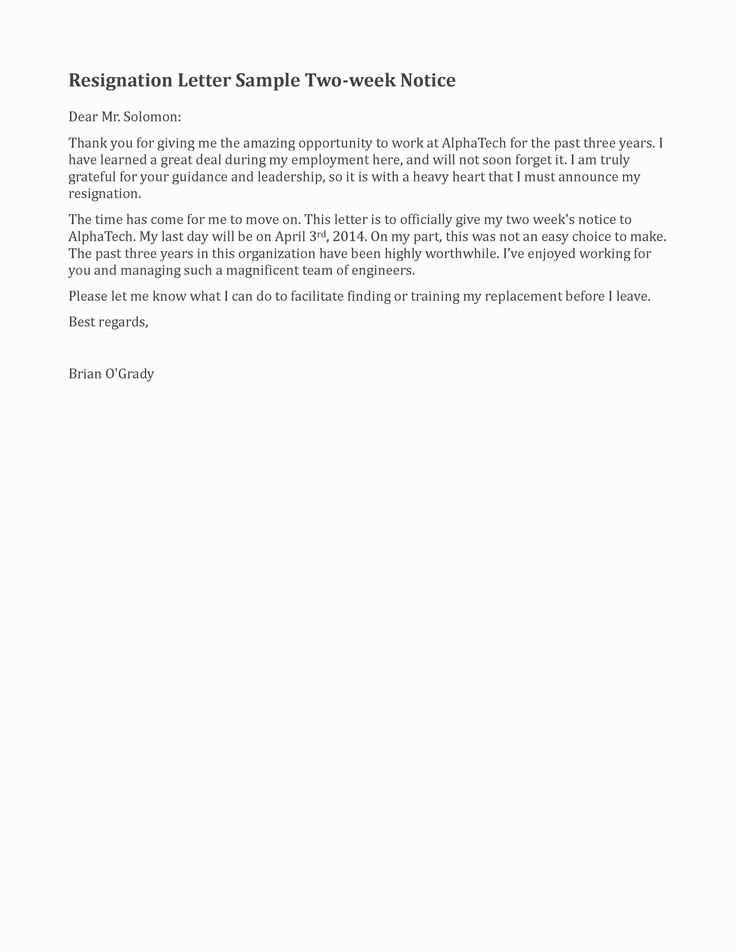
During the transition, it is crucial to provide adequate support to your team. Help in knowledge transfer, offer assistance with ongoing projects, and ensure that there is a clear handover of your responsibilities. Proper planning for this phase demonstrates your commitment to the organization and ensures that your departure will not cause any significant challenges.
| Action | Professional Approach |
|---|---|
| Notification | Provide ample notice and notify your manager in person or through an appropriate communication channel. |
| Attitude | Maintain a positive and constructive tone when discussing your reasons for moving on. |
| Handover | Ensure a smooth transition by documenting tasks and offering guidance to your successor. |
| Appreciation | Express genuine thanks for the opportunities and experiences during your time at the company. |
Best Practices for Delivering Your Notice
Communicating your decision to leave a position requires careful thought and timing. It is important to ensure the message is delivered professionally and respectfully to maintain positive relationships and avoid unnecessary complications. How you approach this moment can have lasting effects on your career and reputation within the organization.
Plan Ahead – Before informing your supervisor, take the time to think through your decision. Ensure that all necessary details are in place regarding your future plans and timing. Being prepared will help you handle the conversation with confidence and clarity.
Choose the Right Moment – Timing is essential when announcing your departure. Aim to have a private conversation with your supervisor rather than sending an impersonal message. Delivering the news at an appropriate time will allow for a more constructive and respectful discussion.
Be Honest but Tactful – When explaining your reasons for leaving, be sincere but diplomatic. There is no need to go into excessive detail or criticize the company. Keep the conversation focused on your personal growth and future goals, avoiding negative language that may damage your relationship with the team.
Offer Support – Show your willingness to help with the transition by offering to assist in training a replacement or documenting key tasks. This gesture will demonstrate your commitment to the company’s success, even as you prepare for the next phase of your career.
Remember, maintaining a positive tone and being professional throughout this process is key to ensuring a smooth departure and preserving your reputation for future endeavors.
How to Handle Counteroffers During Resignation
When you inform your employer of your decision to leave, it’s not uncommon for them to present a counteroffer in an attempt to persuade you to stay. This can be an emotional moment, as it involves weighing your current position against future opportunities. It’s essential to consider the offer carefully and make a decision based on long-term goals and personal priorities rather than short-term incentives.
Evaluate the Offer Objectively
Before making any decisions, take a step back and assess the counteroffer critically. Consider whether the new terms address the reasons you initially decided to leave. If the offer is focused solely on financial benefits, but the underlying issues (such as career growth or work-life balance) remain unresolved, it may not be a sustainable solution in the long term.
Reflect on Your Career Goals
Think about your long-term professional aspirations. Does staying with your current employer align with those goals, or would a fresh opportunity better suit your ambitions? Consider factors like personal development, company culture, and the potential for advancement in both scenarios. This reflection will guide you in making a choice that aligns with your career vision.